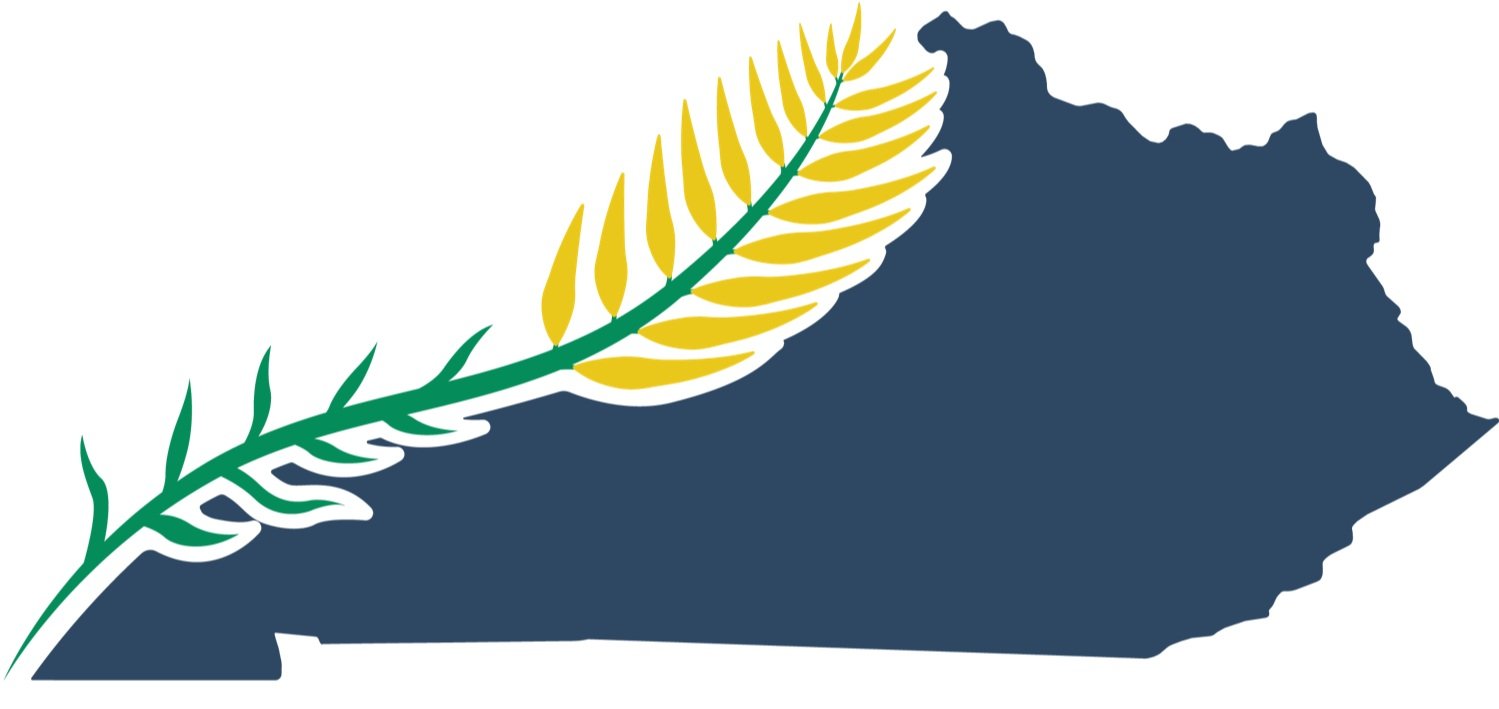
Low-Income Families
Kentucky Financial Empowerment Commission believes supporting low-income families is crucial because these families often face financial challenges that can impact their well-being and opportunities. Initiatives related to budgeting, debt management, affordable banking options, and access to government assistance programs help empower these families to better manage their finances, reduce financial stress, and create a more stable and secure future for themselves and their children. These efforts aim to alleviate financial burdens, improve digital equality, increase financial literacy, and promote economic resilience among low-income families, ultimately working towards a more equitable and inclusive society.
RESOURCES:
NUTRITION ASSISTANCE
Supplemental Nutrition Assistance Program (SNAP) – commonly known as food stamps, this program helps people with little or no money buy food for healthy meals at participating stores. Food benefits increase a household's food buying power when added to the household's money. Any household meeting basic income and other requirements may be able to receive food benefits.
Special Supplemental Nutrition Program for Women, Infants and Children (WIC) – a short-term intervention program designed to influence lifetime nutrition and health behavior in high-risk populations. WIC provides nutrition education and services, breastfeeding promotion and education and access to maternal, prenatal and pediatric health-care services. For more information contact your local Health Department. Be sure to be aware of the WIC Farmer’s Market Nutrition Program and the WIC Fit Program!
HEALTH AND WELLNESS
Abbott Nutrition Pathway Support System assists families with reimbursement issues/questions for their products. Pathway provides reimbursement information and assists in determining coverage for individuals who have Medicare, Medicaid or private insurance. This is helpful when encountering situations where families need assistance paying for Abbott Nutrition Product. The Pathways Helpline number is (800) 558-7677 or visit their website.
Benefind: This website helps consumers and advocates explore coverage options and find out which private insurance plans, Public programs and community services are available.
Kentucky Physicians Care: While this program does not provide health insurance, it may be a resource to those who are uninsured, ages 18-64. For more information about this program, call 1-800-633-8100 or visit its website.
Patient Services Incorporated: Patient Services Incorporated: PSI provides insurance case management and premium assistance for individuals with some severe chronic conditions. Applications can be made at its website or call 1-800-366-7741 for more information.
Government-Sponsored Programs: Medicaid and SSI: Medicaid Programs: Apply with local DCBS Family Support office.
Supplemental Security Income provides benefits for disabled children within certain income guidelines. e guidelines. Apply through Social Security or at one of 27 Social Security offices throughout the state.
HOUSING
Kentucky Housing Corporation (KHC, 87 counties) and local Public housing authorities (33 counties) can help clients apply for housing assistance that meets their needs. Subsidized rent in some apartment complexes is available as is Supportive Housing for Persons with Disabilities.
KHC sponsors the KY Rents website which matches potential tenants with available rentals and also maintains the Assisted Rental Housing Directory which attempts to list all apartments and homes statewide.
The Kentucky Financial Empowerment Commission, in collaboration with the Cities for Financial Empowerment Fund, is thrilled to announce the re-launch of the Bank On Kentucky Coalition. This dynamic initiative aims to foster greater financial inclusion and accessibility by strengthening partnerships with local communities and financial institutions. This statewide partnership is dedicated to expanding bank accessibility and accounts for both individuals and businesses across the Commonwealth. According to the Federal Deposit Insurance Corporation’s How America Banks Survey, nearly eight percent of Kentuckians remain unbanked, which is higher than the national average of six percent.
What is Bank On and National Account Standard Certification? The goal of Bank On is to ensure that all residents have access to a safe, affordable bank or credit union account. Bank On partners are committed to helping consumers identify and enroll in safe, low-cost transactional products that meet Bank On National Account Standards. These Standards, put out every two years by the Cities for Financial Empowerment Fund, serve as the basis for free and independent certification evaluation. They address basic account costs, functionality, and consumer protection. Transaction accounts certified as meeting the Bank On National Account Standards are already available in tens of thousands of branches across the country, connecting thousands of consumers to safe financial products that meet their needs.
Top 3 Benefits for Financial Institutions Offering Certified Bank On Accounts:
Community Opportunities
• Public recognition both locally and nationally highlighting your product
• Eligibility for local programs to rely upon certification to connect your account to consumers
• National Bank On certification seal of approval for marketing outlets
Sustainable Consumer Base
• Reach new customers in your community who are un- and underbanked and bring them into the financial mainstream
• Deliver a product with features that are in demand
• Sell your product through public and community banking access programming
Community Reinvestment Act (CRA) Credit Products certified as meeting Bank On National Account Standards support Community Reinvestment Act “service test” examinations.
The most recent CRA Q&A highlights the following activities as supportive of the various regulatory evaluations by examiners: • The availability of low-cost deposit accounts, including checking accounts tailored to meet the needs of low- and middle- income (LMI) geographies • The extent to which a low-cost checking account increases access by, or reduces costs for, LMI individuals • The degree to which services are tailored to meet the needs of geographies of different income levels, particularly LMI geographies.
Low-income Families Resources
Free to use resources collected and curated by the Kentucky State Treasury.
KFEC generated resource for homelessness, housing, and eviction resources in the state. For more help, call KFEC at 502.584.8823.
The Kentucky Bank on Network is a group of organizations committed to increasing account access for individuals and businesses.



